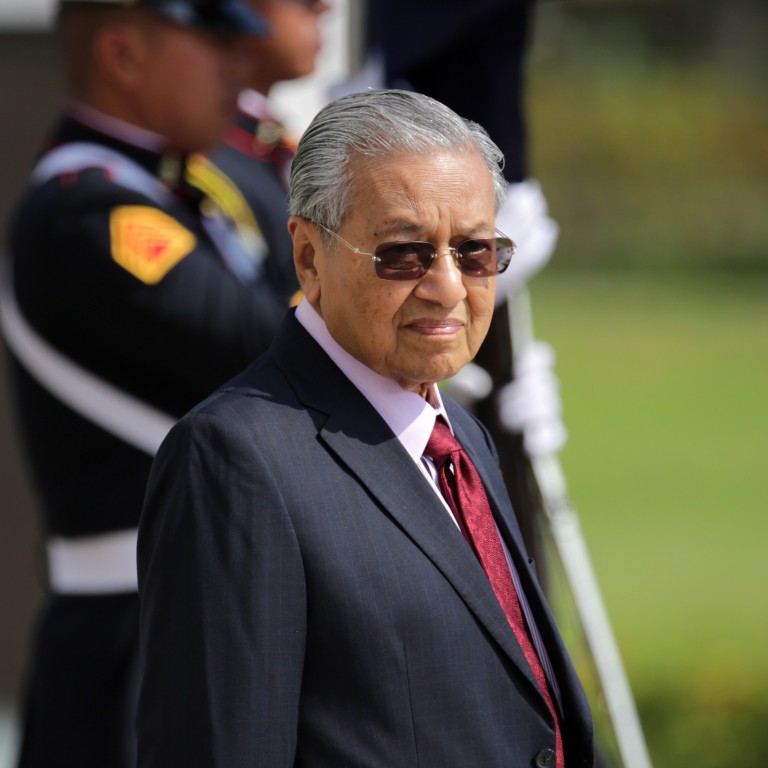
‘Chinese by nature are very good businesspeople’: Malaysian Prime Minister Mahathir Mohamad’s exclusive interview in full
- In his first interview with international media this year, Mahathir speaks candidly to the South China Morning Post on everything from the US-China trade war to his scandal-tainted predecessor Najib Razak
Malaysian Prime Minister Mahathir Mohamad spoke candidly to the South China Morning Post on a wide range of issues in his first interview with international media in 2019. Mahathir is approaching the end of his first year in office, his second stint as premier after his opposition coalition won the elections in a stunning victory last May. He previously led Malaysia from 1981 to 2003 and now, at 93, he is the world’s oldest prime minister. Below is an edited transcript of the interview.
Q: What has the past year been like for you, and what has been the biggest challenge your second time around as prime minister?
A: One year would include the period we were not the government. Because we formed the government only for the last 10 months. But during these 10 months, the work of rearranging things and correcting all the mistakes of the past, dealing with the high debt that was incurred by the previous government, has been very, very difficult. At the same time, of course, the people are expecting everything to be done overnight. So we are in a little bit of a quandary because the expectations of the people are that when the new government takes over, everything will be done immediately. But it is not possible, and we are having a tough time trying to restore the administrative machinery, and also the economy and finance of the country.
Q: What are the economic prospects for Malaysia in 2019?
A: Growth has been good. Some of the figures [show GDP growth of] 4.5 per cent, 4.7 per cent, which is good for Malaysia. But there seems to be a disconnect between the economic performance of the country as a whole and the well-being of the people. The people still feel the pressure of higher prices and things like that. And we are not able to give them the service that they used to get from the previous government. Because the previous government tends to distribute money freely.
We don’t have the money so we find it difficult to tell the people, sorry, we don’t have the money, we can’t give you the kind of support of the previous government. You must understand that what was done by the previous government was wrong. But the people still feel that by now we should have done something that will make them feel better off. But as far as the economy is concerned, we are doing well. We are growing, still growing.
Q: You were the first world leader to confirm your attendance at the Belt and Road summit in April. What message will you be bringing to Beijing?
A: Whatever may be our attitude towards China, we have to admit that China is a big power. It is a regional power and we need to deal with them. We need to understand their policies and strategies and we have to make adjustments so that we can gain some benefit from China’s policies. So I am going there because I want to listen to what they are saying about the Belt and Road and at the same time, given a chance, I would like to explain Malaysia’s attitude towards this policy of China.
I’d side with rich China over fickle US: Malaysia’s Mahathir Mohamad
Q: What would that be?
A: We support the policy of Belt and Road. In fact, long ago I had already brought up the possibility of improving the old Silk Road by having better train service and all that. Sea routes I didn’t look at but now it’s not only land but the sea. Well, we are using the sea as our supply line also. So we want the sea to be free. You can claim what you want, but that sea must be open to traffic, all kinds of traffic.
Q: There are accusations that China is using the programme as a means to entrap poorer countries. What is Malaysia’s position on this, and your personal view of whether there is a debt trap?
A: Well, the Belt and Road policy is not really connected to this dominance or attempted dominance of China. What is happening now is that China is a very rich country with plenty of capital. And they are using the capital to penetrate into many countries right up to Africa and even the Caribbean. They have the money. Chinese by nature are very good businesspeople. They see opportunities and with their capital they want to penetrate areas where before they had no representation or little representation. We will have to face that problem.
It is the same as in the past, where the Europeans were masters in terms of business, technology and capital. They penetrated the rest of the world because of their power. Now China has the power derived from its very good growth, in terms of its economy. So they want to use that power to enlarge their influence. I think it is a natural reaction.
But the countries concerned must be able to distinguish what is allowable or needed by their country and what is not. If countries prefer to borrow huge sums of money, well, that is your decision. You make that decision, you know capital flowing into the country exerts some influence over the country. So it is up to the countries concerned to make sure that the money flowing into their country is not borrowed money, is not money for infrastructure, but maybe limited to money for investment in productive processes.
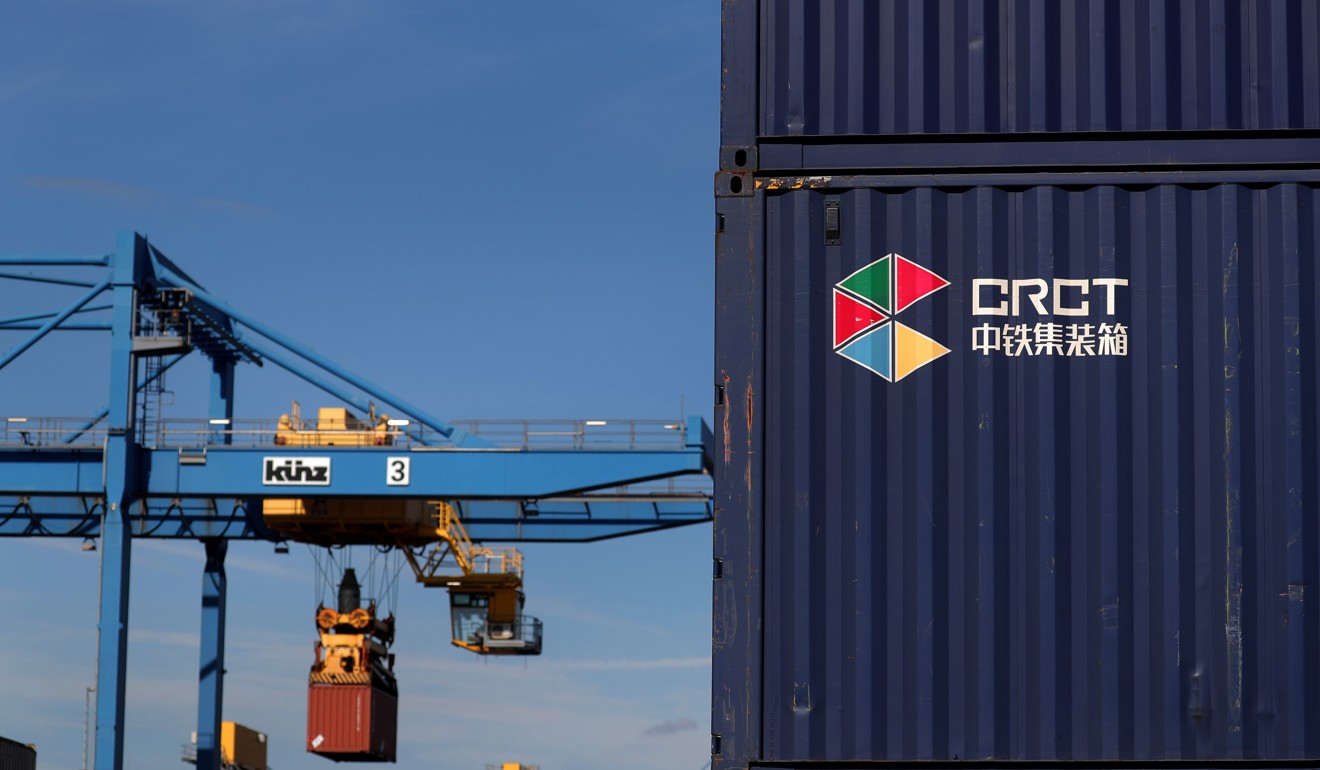
Q: Do you buy the theory that it is a deliberate move to make countries indebted to Beijing?
A: Well, yes maybe it is that way because that is one way of achieving influence. But if you look back at history, you know the Europeans came to the East and they very simply conquered the East. So we became their colonies. So far I think we have not become colonies ruled by China but we have put ourselves in a position where China has strong influence on our economy and maybe even our politics. But it is all up to us.
Q: What are your thoughts on China’s economy now?
A: If you look at Japan, initially Japan was growing at a very fast rate. Even two-digit growth. But as the economy grows, growth is going to decrease because the base is bigger. So China is going through the same period. Now the cost of producing in China is rising. People are demanding higher pay and better facilities et cetera, and very gradually [or] even at a very fast rate, China will become less competitive than it is today. At that time of course countries like Korea, like Japan, and even European countries, if they can sort out [growth] they will be able to compete with China in the world market. So while China can remain rich simply because it has a population that is bigger than the combined population of Europe and America, so it has a big domestic market, but eventually China must spread its trade with other countries and if they can gain control over the economies of other countries, it would be in their favour.
Najib’s charm offensive an ‘abuse of free speech’: Mahathir
Q: What are the chances of a resolution in the trade war between the United States and China?
A: Well, trade wars are negative. They don’t have any positive, good results. Nobody wins. China has now found out that it can suffer if there is a sanction against it. On the other hand, America must feel the loss of access to cheap products from China. So both China and the US would suffer. But because of their trade sanctions against China, for the other countries around this region there may be relocation of business or even manufacturing in these countries. To that extent, we will benefit. Also, we may have better access to the Chinese market. But on the whole this trade war is negative for everyone. For the whole world in fact. Because these are the two biggest trading economic powers in the world.
Q: Besides trade, China in the past year has been facing questions from the US about its dominance, about the spread of its technology. What do you make of that increasingly negative pressure from the US and its allies?
A: I look in the past. In the past we were dominated by the West. At that time we didn’t talk about domination or about their use of military might against small countries even to the point of conquering them, making them [part of their] empires. That was because they had military strength. Now we see China having economic strength, and it is going to make use of economic strength to achieve what is to China the best objective – that they have to grow richer and richer, and this is the ambition of all countries. And with their wealth they are going to be in the same position that the Western countries were in the past.
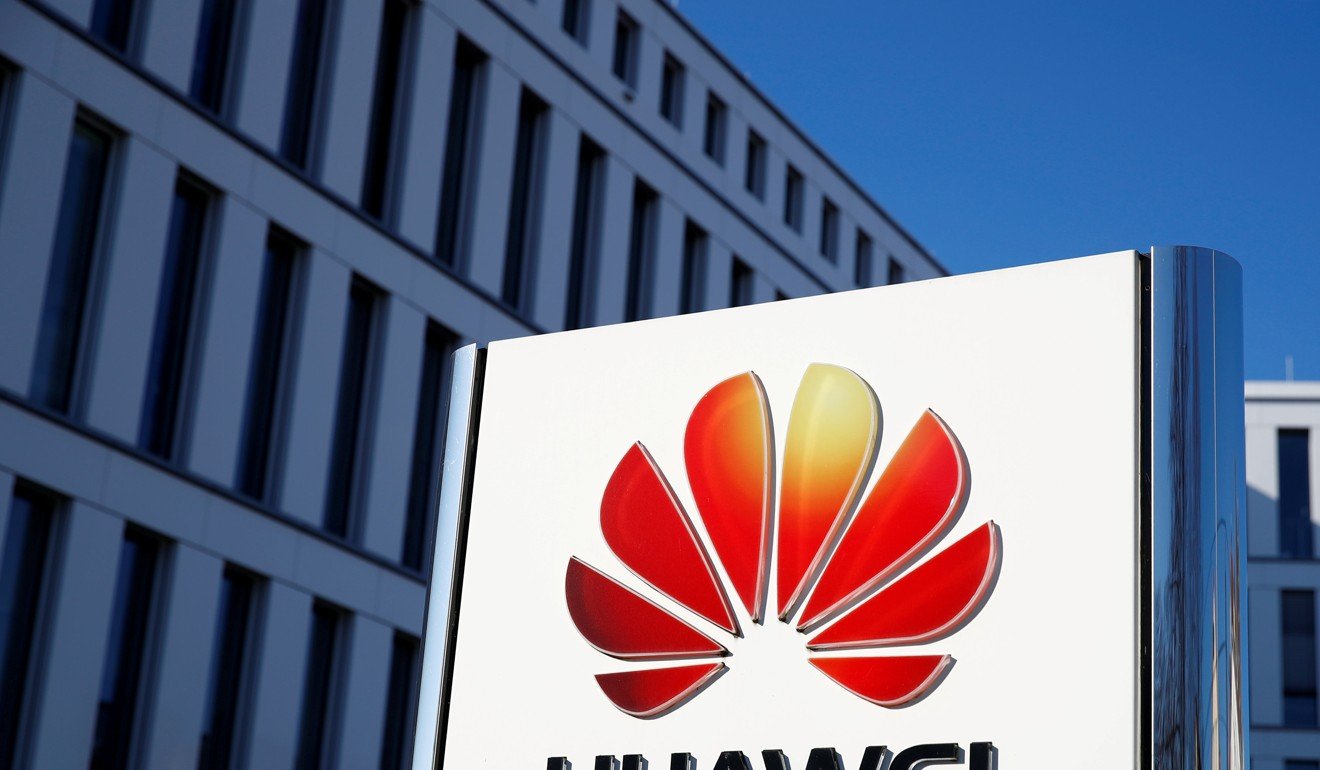
Q: Do you welcome technology companies’ investment in Malaysia, in the light of the ongoing Huawei investigation in the US?
A: We welcome foreign direct investment but we do not want dominance by any particular country. To that extent we will regulate our acceptance of foreign direct investment in Malaysia. But [what] we do not consider to be foreign direct investment is the building of huge cities and attempt to bring foreigners to come and live here in Malaysia. That will disturb the political equation in Malaysia. So on one hand we welcome Chinese investment in Malaysia although it is quite big and they have the money and the expertise. But we do not want them to come and live in Malaysia. People who are working at the top level, yes, they may come to Malaysia. But not to be residents. But our workers must find jobs from Chinese investments in Malaysia. So we have to look into what benefits us. To just negate or reject foreign direct investment from any country, including China, is not going to help us grow. We have grown in Malaysia largely through foreign direct investment.
Q: Do you share the concerns of some countries about the supposed national security risk arising out of Huawei building 5G networks?
A: Well, we are watching carefully as to what kind of threat [5G] will pose. Of course if we see this as a threat then we will have to limit. But at the moment we have not found them a threat to our security. Not yet, maybe later. But we cannot just follow actions taken by other countries because Chinese technology seems to be ahead of Western technologies.
Mahathir Mohamad: ‘I’m pro-Malaysia, not anti-Singapore’
Q: It seems like negotiations on the East Coast Rail Link are going to extend for a while more and we won’t see any kind of resolution soon.
A: Ya, it is going to be very difficult. The Chinese have accepted that the price was too high. They have proposed a reduction in the cost of the whole project but it is not enough. For us, the main thing is that we don’t have money and we cannot borrow large sums of money to build something that is not going to be profitable. The ROI [return on investment] is nothing. It will take us 40, 50 years for us to repay the loan. So we want to avoid incurring debts, borrowing too much from countries. Then of course we have to look into the needs. Do we need this railway line or not? We have had the west coast serviced by rail for more than 100 years. But still it is not profitable. And the west coast is where all the business, all the people are. In the east coast the number of people is smaller. Economic activity is much less and we don’t need a train at this moment.
Q: There is some confusion over whether the ongoing discussions are to cancel or renegotiate the project. What exactly is happening?
A: Naturally, the Chinese do not want to stop the project because it is a big project. I think it is good for their business. On the other hand, we don’t have the money. We don’t want to borrow so much money. So there is an ongoing negotiation. If it must go on, the price must be affordable by us. But on the other hand if we build a railway line that is going to cost us a lot of money and give us no returns we just cannot afford to do that.
Q: Is there a price point where Malaysia will say yes?
A: Yes, there is. But I cannot reveal to you.
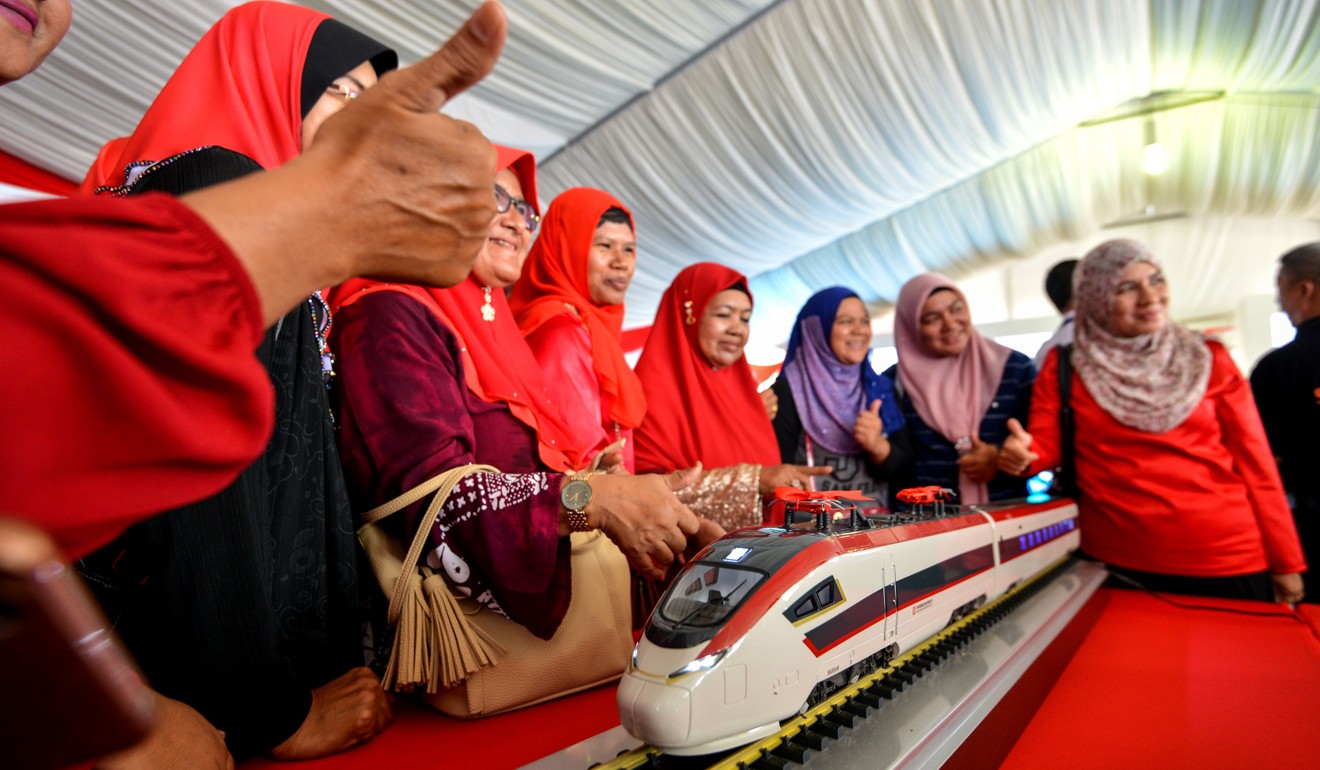
Q: So if you meet that price point you will say go ahead with the project?
A: Well because we know that you can’t terminate unilaterally a contract. You have to pay compensation. And the compensation can be very big. Between having to pay compensation if you stop and carrying if the price is reduced, will be something that we will consider to see which one is best.
Q Would half the price be OK? One third?
A: [chuckle] You are trying to fix … you are trying to check … at the moment I am not free to say that because we are talking, having close negotiations with them.
Malaysia’s Mahathir: green light for China-backed East Coast Rail Link – if price is right
Q: Surely it is to your benefit to seal a deal sooner rather than later because the interest payments have kicked in and you have paid more than 200 million ringgit (US$49.2 million).
A: I know we have paid some money. If possible of course we would like to stop but to stop means we have to pay compensation, big compensation. So there is a need for us to weigh which one is the best way to go.
Q: What do you worry about when you talk about China’s potential to influence politics?
A: At one time China was poor and it was promoting Communism; that was something we were against and we did not even have diplomatic relations with them until we dealt with the Communist uprising in Malaysia. But now China is rich and it is not pushing its ideology too much; it’s going to use its wealth to gain influence rather then ideology, then we have to be on the lookout whether the influence of China over Malaysia would be detrimental to Malaysia’s future.
So in the relationship between countries, it is not something static, it’s always moving, responding to changes in other countries. When China was poor, we were frightened of China. When China is rich, we are also frightened of China. I think we have to find some way to deal with China. And we always say, we have had China as a neighbour for 2,000 years, we were never conquered by them. But the Europeans came in 1509, in two years, they conquered Malaysia. So the attitudes of different countries are different. China’s attitude of course is to gain as much influence as possible. But so far China doesn’t seem to want to build an empire. So we will remain free people.
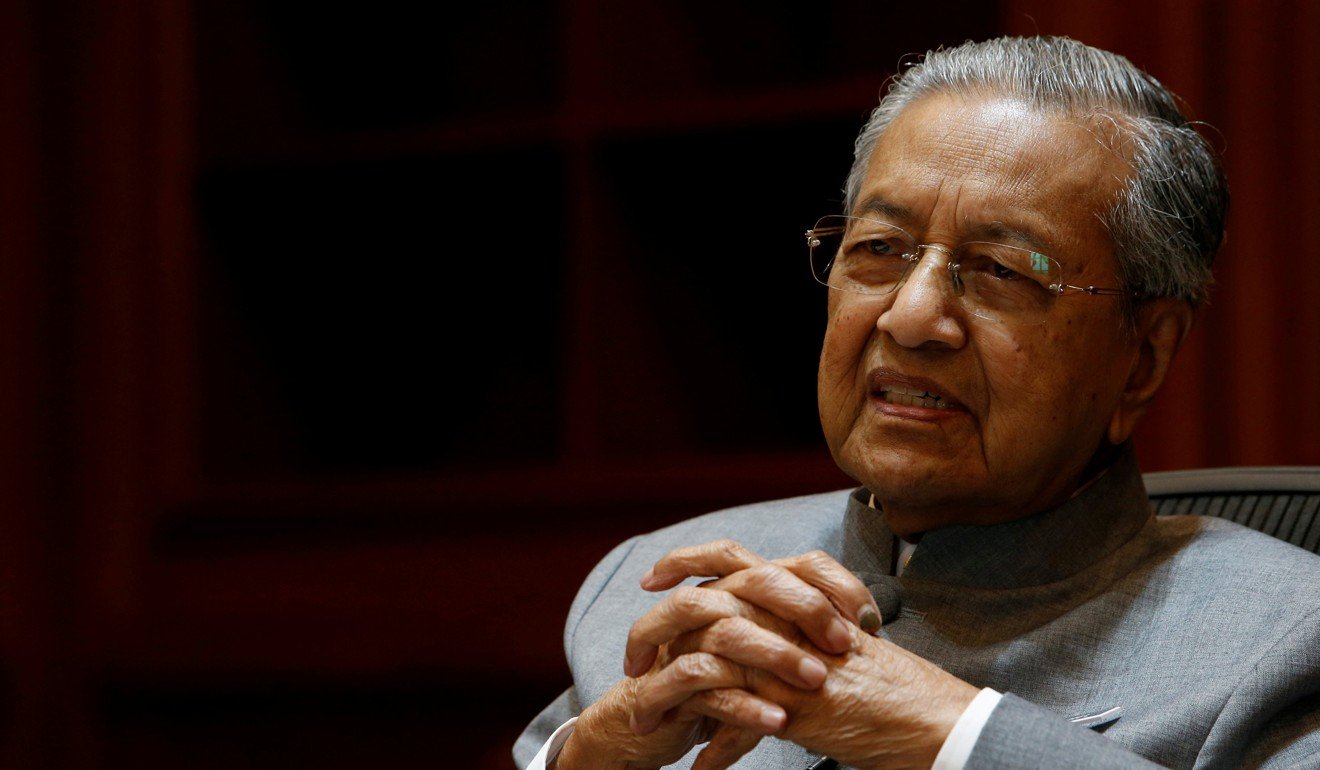
Q: If you were forced to take sides, if you had to make a choice – China or the US?
A: Well, it depends on how they behave. Currently the US is very unpredictable as to the things they do. At this moment, we have to accept that China is close to us. And it is a huge market. We want to benefit from China’s growing wealth. So at this moment, economically, we would prefer China. But politically, of course, we are not attracted towards a system of government that is very authoritarian.
Q: Do you see the new alliance between former prime minister Najib Razak’s party Umno and the Islamist party PAS as the biggest threat to your government?
A: Well it is a threat. But not the biggest threat. We need to face the demands of the people. But as you know Umno has been depleted already, is not the former Umno. Many of them have left. So what is left of Umno is now joining up with PAS.
Some people will find that this is a good alliance and they might want to return to Umno. But Umno has lost its credibility, principally because of the period when Najib ruled the country. So they may be stronger, because they have combined the strength of PAS together with Umno, but Umno will lose all the support of the Chinese and the Indians because all this while MCA [Malaysian Chinese Association] and MIC [Malaysian Indian Congress] have rejected any alliance between Umno and PAS.
Q: Najib seems quite emboldened recently – he has a social media campaign, and people have come to greet him in airports and so on.
A: He is quite free, relatively speaking. When he was in power, the moment a person was arrested, he would be thrown into jail, in the case of the present chief minister of Sabah. He was arrested, no charges yet, only suspicion, yet he was made to wear this orange [prison] shirt, and the he spent almost 10 days sleeping on the floor in the jail.
But we are going according to the rule of law. If judges feel [Najib] should be arrested, he will be arrested. But if the judges say that he is out on bail, we respect that. Of course he has taken advantage of that, to make use of that period when he is on bail to rebuild his own image by saying that the government has been unfair to him. I don’t know what is unfair when we allow him to go around making speeches and making claims, denying his wrong deeds and all that. But this is a democratic country, we have to allow people to have free speech. He is of course abusing free speech the way he used to abuse power.
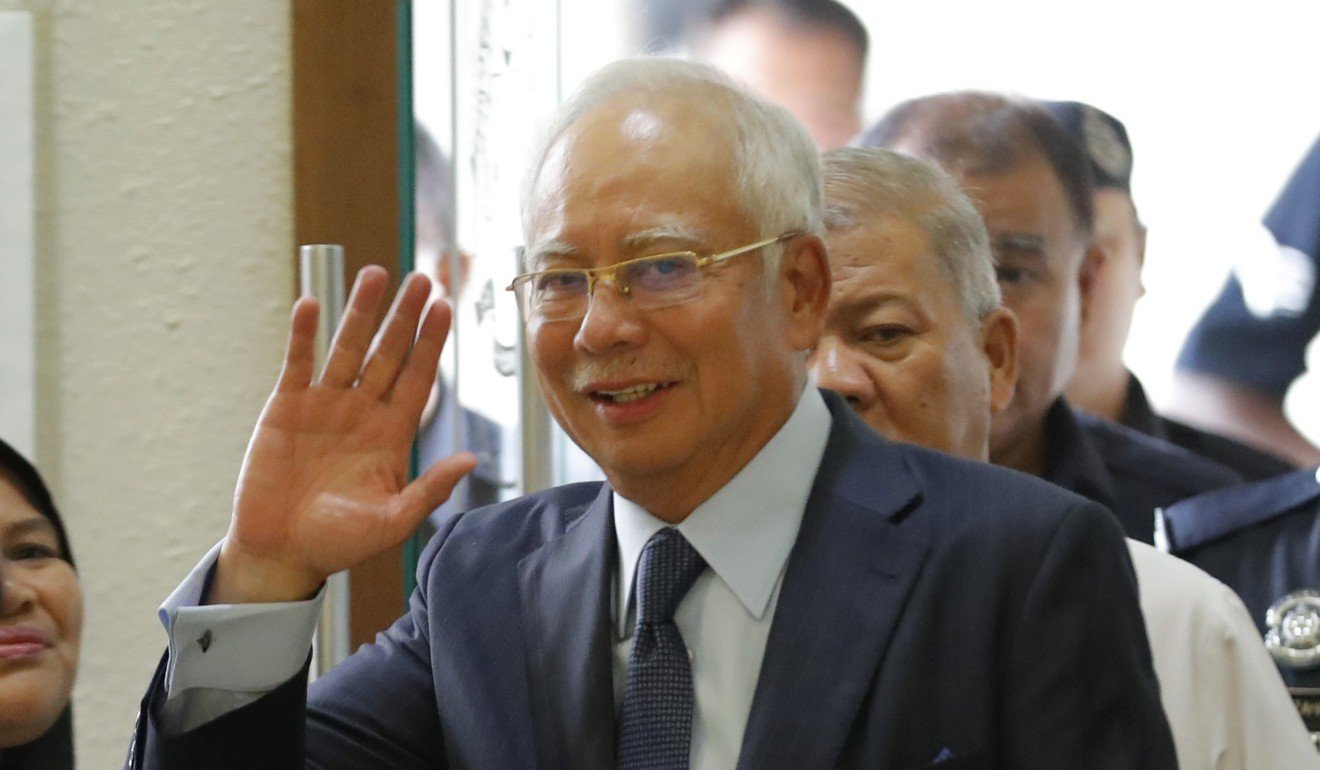
Q: Your closest neighbour Singapore is watching developments in the ‘new Malaysia’ closely. Some say the current bilateral problems are due to you being inherently anti-Singapore. Your thoughts?
A: Not anti-Singapore. I claim to be pro-Malaysia. I have to look the interest of Malaysia. Can you find any country selling 1,000 gallons of water at 3 sen [less than 1 US cent], a price that was fixed way back in 1926? What was sold at 3 sen in 1926 which is sold at 3 sen now? I am just claiming what is logical, what is right. We are now almost 80 years after the first price was fixed. And we are entitled to renegotiate the price after 25 years, that is the second agreement, which was made in 1961. After 25 years we can negotiate, but what Singapore says that because 25 years is passed, therefore you have lost your right to negotiate. How can that be? It says after 25 years, not at 25 years, you must negotiate. So what we are saying is, it is ridiculous that the state of Johor sells water to the state of Malacca at 50 sen per thousand gallons and yet sells at 3 sen to Singapore. And we all know that Singapore is a developed country, it is a very rich country. Its currency is three times higher than our currency, although before they were the same. And yet they are asking a poorer country to subsidise their economy and their growth.
What’s behind the Malaysia-Singapore dispute?
Q: Singapore of course says the facts are different. Would you say water is the biggest bilateral problem between the two countries?
A: Yes, the water issue has been the problem that has shown there is no agreement reached between Singapore and Malaysia. But there are also other issues of course. But to say that this is unusual, unfair or unjust is ridiculous. There is no place in the world where water is sold by one entity to another, or petroleum is sold to other countries at a price that is fixed in 1926. All prices escalate. You show me that there is something that is like a fixed price in the sale of goods or whatever, I will believe that we are in the wrong.
Q: As your government reaches its one-year mark there are growing calls for you to stay on as prime minister beyond the agreed-upon two years.
A: As far as I am concerned, I stick to my promise. What the people want to say, what they want to do, it is their right. We are a democratic nation.
Q: If they demand you stay for the full term, will you?
A: Well, depends on the people who do not want me to stay. We have to balance that.
Q: 2020 is an important year for Malaysia. You are hosting Apec [Asia-Pacific Economic Cooperation summit] for the first time in two decades. Wouldn’t you want to be PM then?
A: All those things cannot influence a promise I have made.

